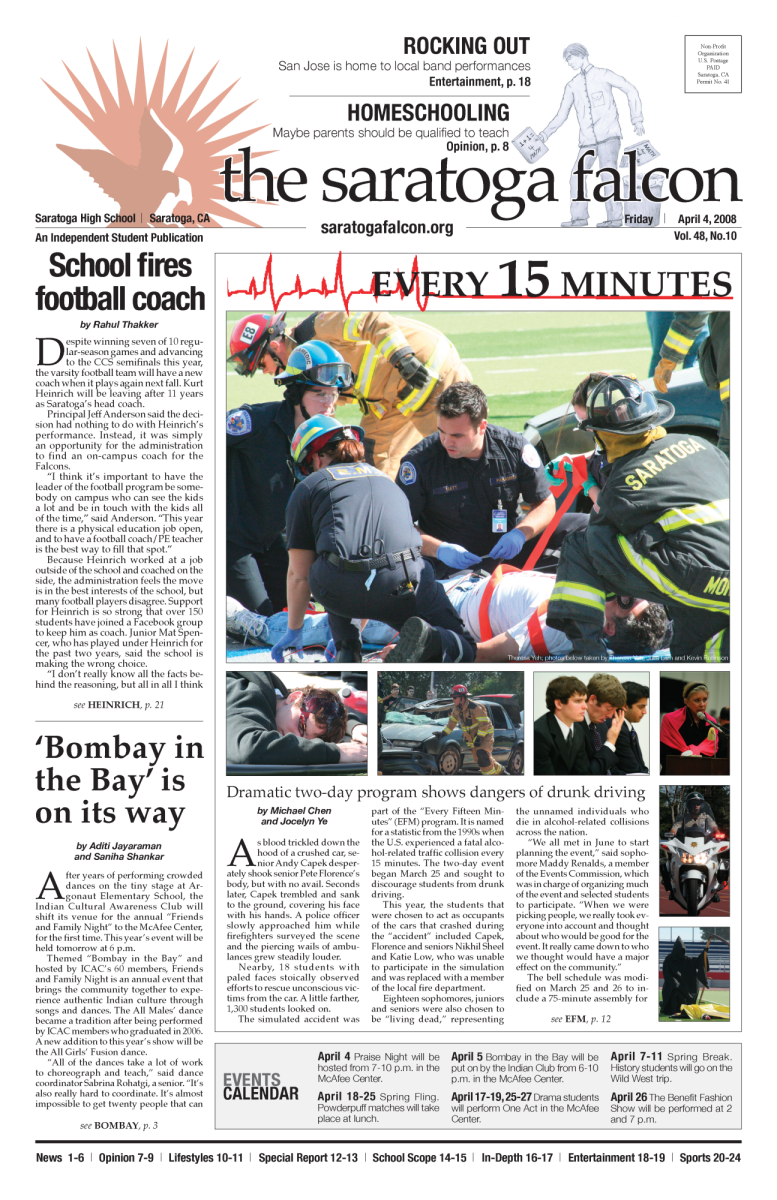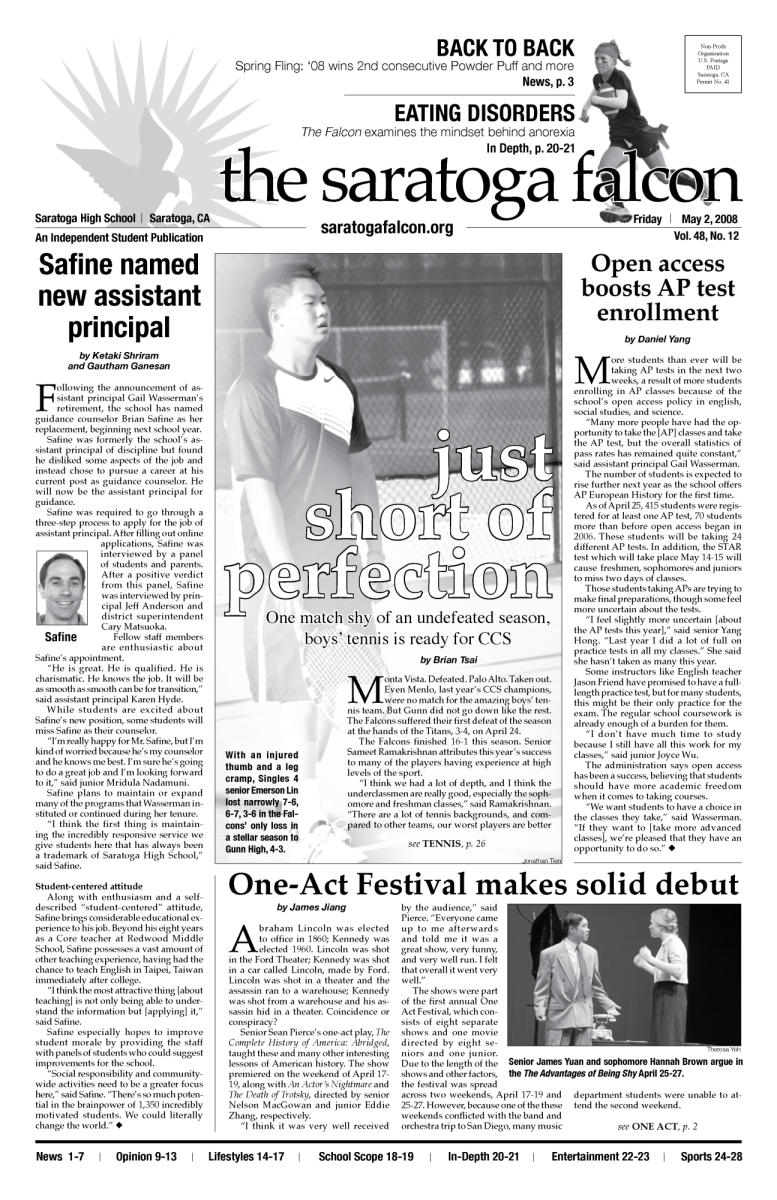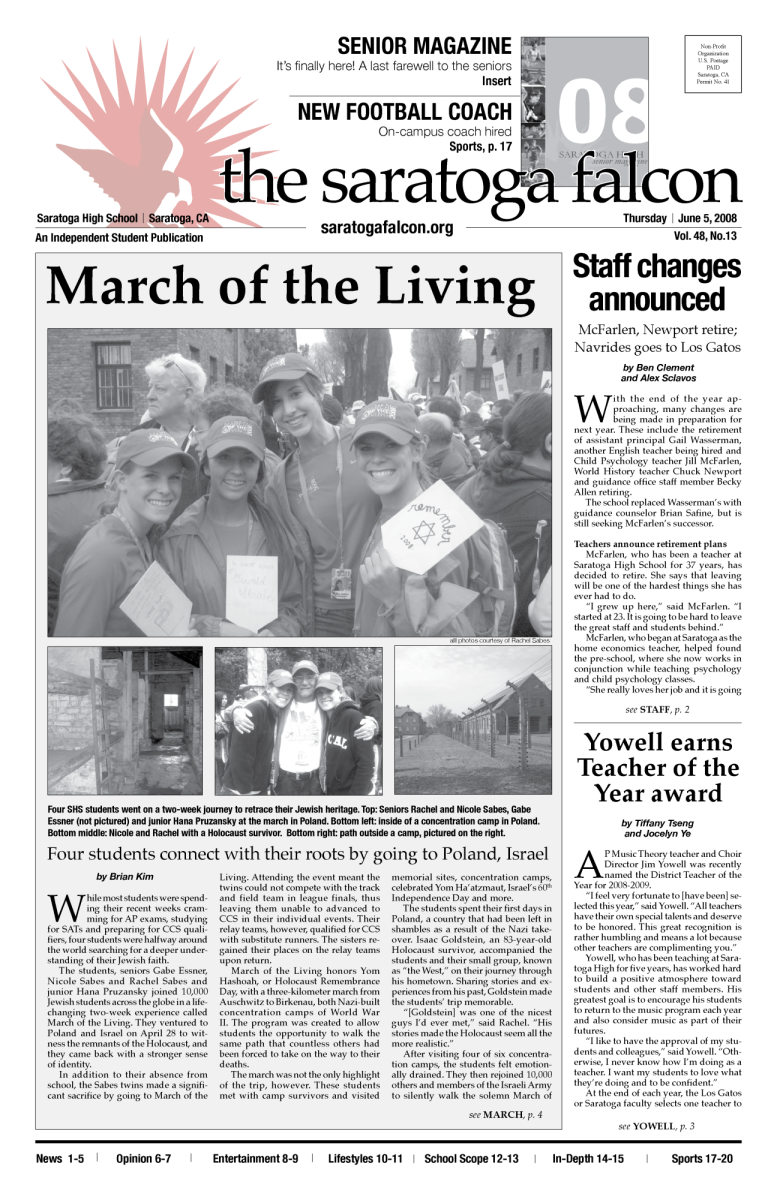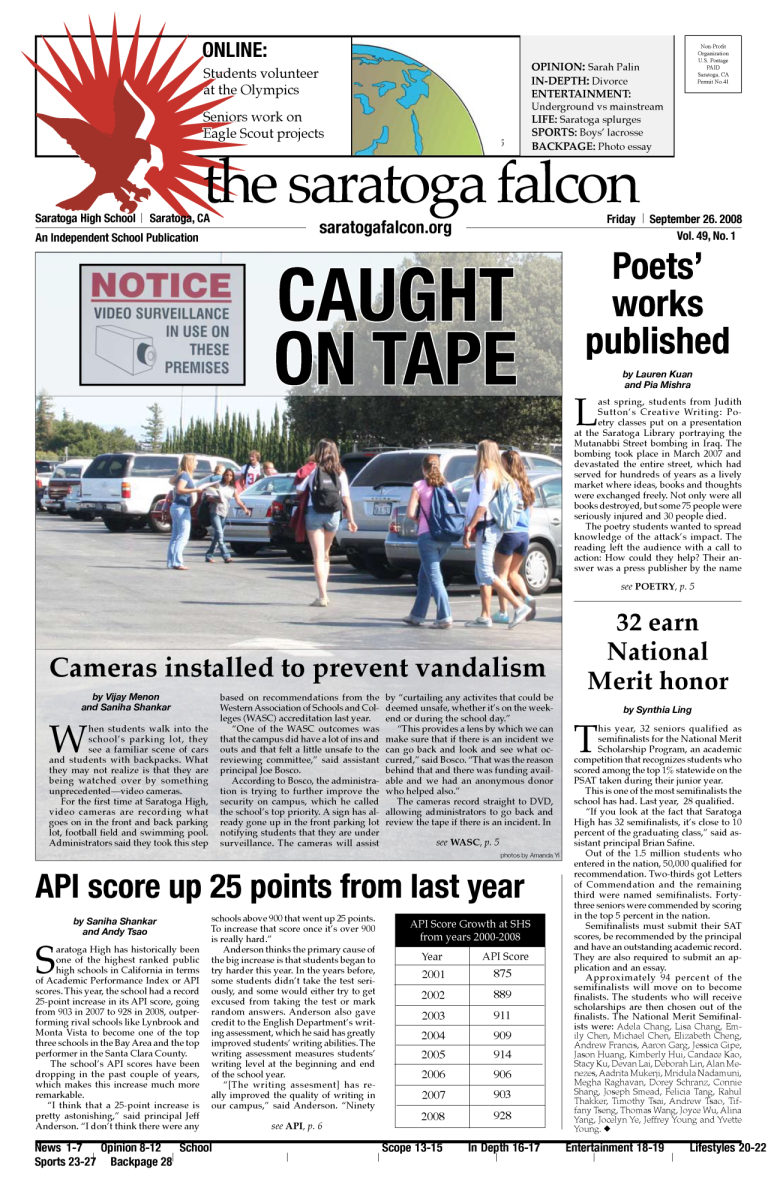It’s a week before volunteer hours are due, and students are frantically scrolling through the school’s Interact page to try to find a volunteering opportunity requiring minimal skills.
Most students tend to get their volunteer hours in this way, doing tasks that have little to no relation to what areas they’re interested in; they simply volunteer to fill a quota or to write another line on their college applications.
This practice is taken to the next level when students spend thousands of dollars and a couple weeks of their summer to go overseas for volunteer projects, a concept commonly referred to as voluntourism.
Students go to countries like Nepal and Mexico to volunteer by painting walls, building schools and other projects that would be done much more efficiently if completed by professionals.
When they aren’t laying bricks, some students have the chance to teach the children, which is a much better use of time. Being able to communicate and form relationships with children even through language barriers is a worthwhile experience, proving that voluntourism does have its bright sides.
However, the teaching experience is usually only worthwhile to the volunteers, making voluntourism minimally valuable for the people the volunteers are trying to help. Considering that volunteers only stay one or two weeks, the students are unlikely to learn anything substantial, and are instead distracted from any structured curriculum that would be more impactful.
In fact, the money spent going overseas would be better spent on funding professionals to take the place of the volunteers, and the rest on donations toward organizations that actually improve these countries in the long run. After all, a construction company can build better quality houses and actual language teachers can teach better quality lessons than a group of inexperienced teenagers.
Another problem with voluntourism is rooted in its participants. Although some may go overseas with good intentions, most students intend to come back with enough volunteer hours to last through their four years in high school, or to be able to write, “I stepped out of my comfort zone” or, even better, “I learned to appreciate what privileges I have” on their college applications.
Unfortunately for the resume-padding student, this approach often backfires, as most colleges can see through students who go overseas for these purposes, and the plethora of application essays written about that week-long trip to Guatemala has become a cliche.
Voluntourism might be beneficial if students come back and either start or join an organization that is related to the cause at hand, which would demonstrate that students are truly passionate about certain issues.
Too often, though, these students join these organizations without caring much about their cause. It’s common for students to simply join a club relating to their trip to add to their college applications, which can probably be accomplished by joining any other club.
Students also gradually become more and more detached from the memory of their trip. Those who join an organization because they truly care about their cause often end up losing their motivation after a couple months, because the one or two weeks spent overseas isn’t enough for a lasting impact on their lives.
Despite all the negative sides to voluntourism, students might still choose to participate because they feel it’s more fulfilling than volunteering locally. Living away from home for a couple weeks without parental supervision is also a strong incentive for students to opt for oversea volunteering.
But in most cases, there are plenty of better options for the summer than flying halfway across the globe to volunteer, like saving a couple thousand dollars and volunteering locally, or de-stressing before the next school year.
The point is, if students are going to spend thousands of dollars on a volunteer trip overseas, they should be doing so because they either genuinely enjoy it or are planning on continuing to contribute from home. Otherwise, it’d probably be best to stick with volunteer work closer to home.



























